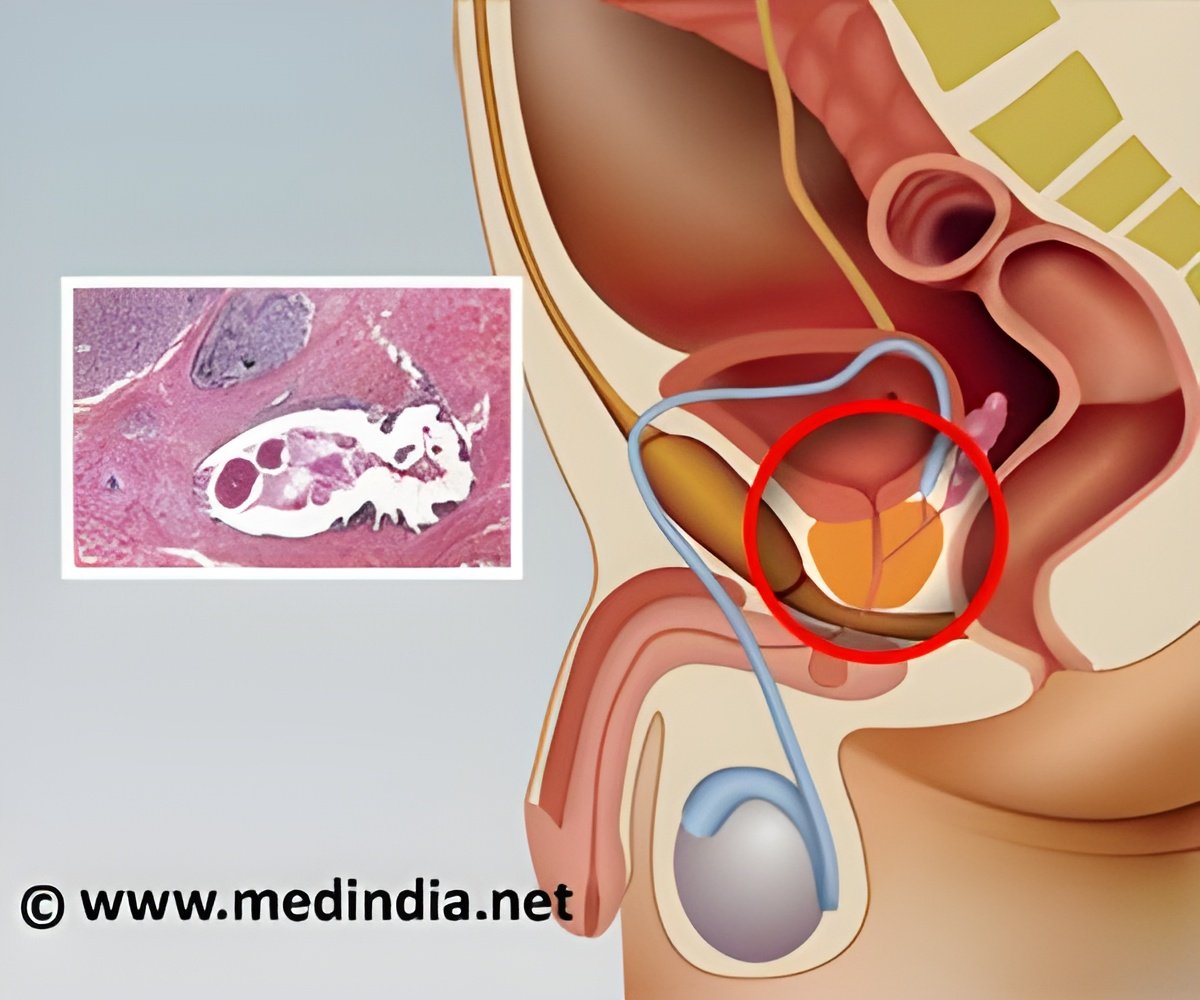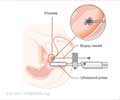
‘Older antidepressants MAO inhibitors benefit prostate cancer patients by disrupting androgen receptor signaling, the main growth pathway for cancer.’
Read More..Tweet it Now
"If our findings are confirmed, this could be part of a new avenue for patients that could avoid undesirable side effects of standard therapies," said first author Mitchell Gross, a medical oncologist and research director at the Lawrence J. Ellison Institute for Transformative Medicine of USC. Gross and Shih have been collaborating for several years to bring her research out of the lab and into the clinic.Read More..
Potential option for recurrent prostate cancer
In this study, 11 of 20 participants had a measurable decline in their PSA levels after 12 weeks of twice-a-day treatment, with the greatest decline in PSA being a 74% drop. PSA stands for prostate specific antigen; it's a biomarker for prostate cancer circulating in the blood.
Prostate cancer is the second most common cancer -- behind skin cancer -- diagnosed in men in the United States, with about 174,000 cases diagnosed each year. For most patients, prostate cancer is treated with surgery or radiation or a combination of the two.
After surgery, a patient's PSA should be close to zero. However, in about one-third of patients, the PSA level rises again, indicating the cancer has returned. Hormone therapy is a standard treatment for recurrent prostate cancer, but it comes with serious side effects that impact quality of life.
Advertisement
MAO inhibitors treat depression by readjusting levels of neurotransmitters such as serotonin and dopamine in the brain. The downside is that the medication requires dietary changes and careful avoidance of drug interactions to prevent serious side effects.
Advertisement
In prostate cancer, MAO inhibitors disrupt androgen receptor signaling -- the main growth pathway for prostate cancer. Previous studies with animals and human prostate cancer cell lines showed that MAO inhibitors decreased the growth and spread of prostate cancer, the researchers found.
Because the MAO inhibitor phenelzine is already FDA-approved, the researchers were able to rapidly design and implement a pilot study to test the drug's ability to fight cancer.
For this study, researchers enrolled 20 participants who had been treated for prostate cancer and who had elevated PSA levels. Patients received the MAO inhibitor phenelzine twice a day for 12 weeks. Fifty-five percent of the men experienced PSA declines; five of them saw PSA level declines of 30% or more; two participants saw decreases of 50% or more.
Three patients had to drop out due to dizziness or hypertension.
The main limitations of the study include the lack of a placebo comparison group and the small sample size, researchers said. Additional studies are planned, and Shih has patented a second-generation MAO inhibitor tagged with a substance that could help doctors see where the cancer has spread.
Source-Eurekalert




![Prostate Specific Antigen [PSA] Prostate Specific Antigen [PSA]](https://www.medindia.net/images/common/patientinfo/120_100/prostate-specific-antigen.jpg)







